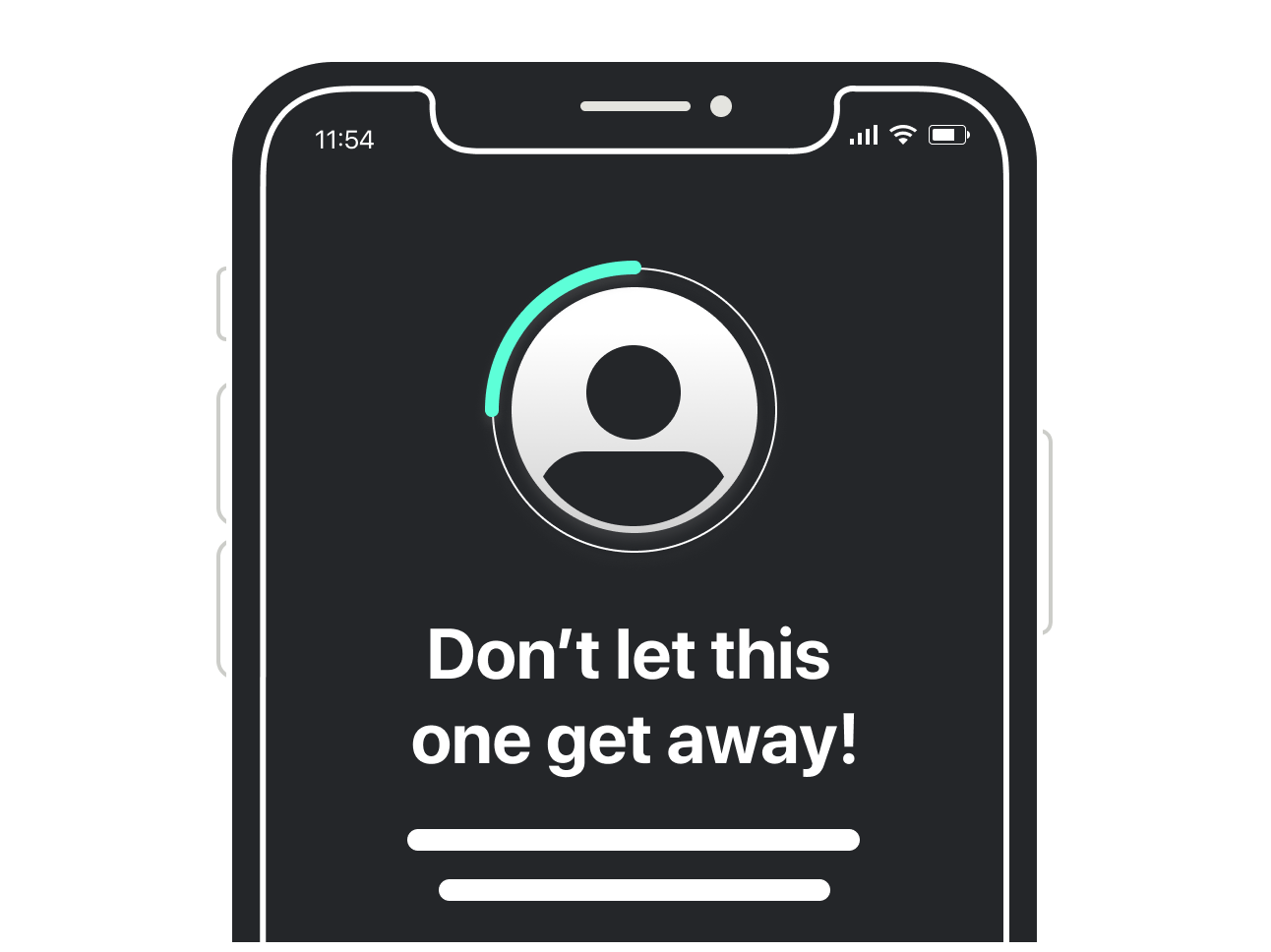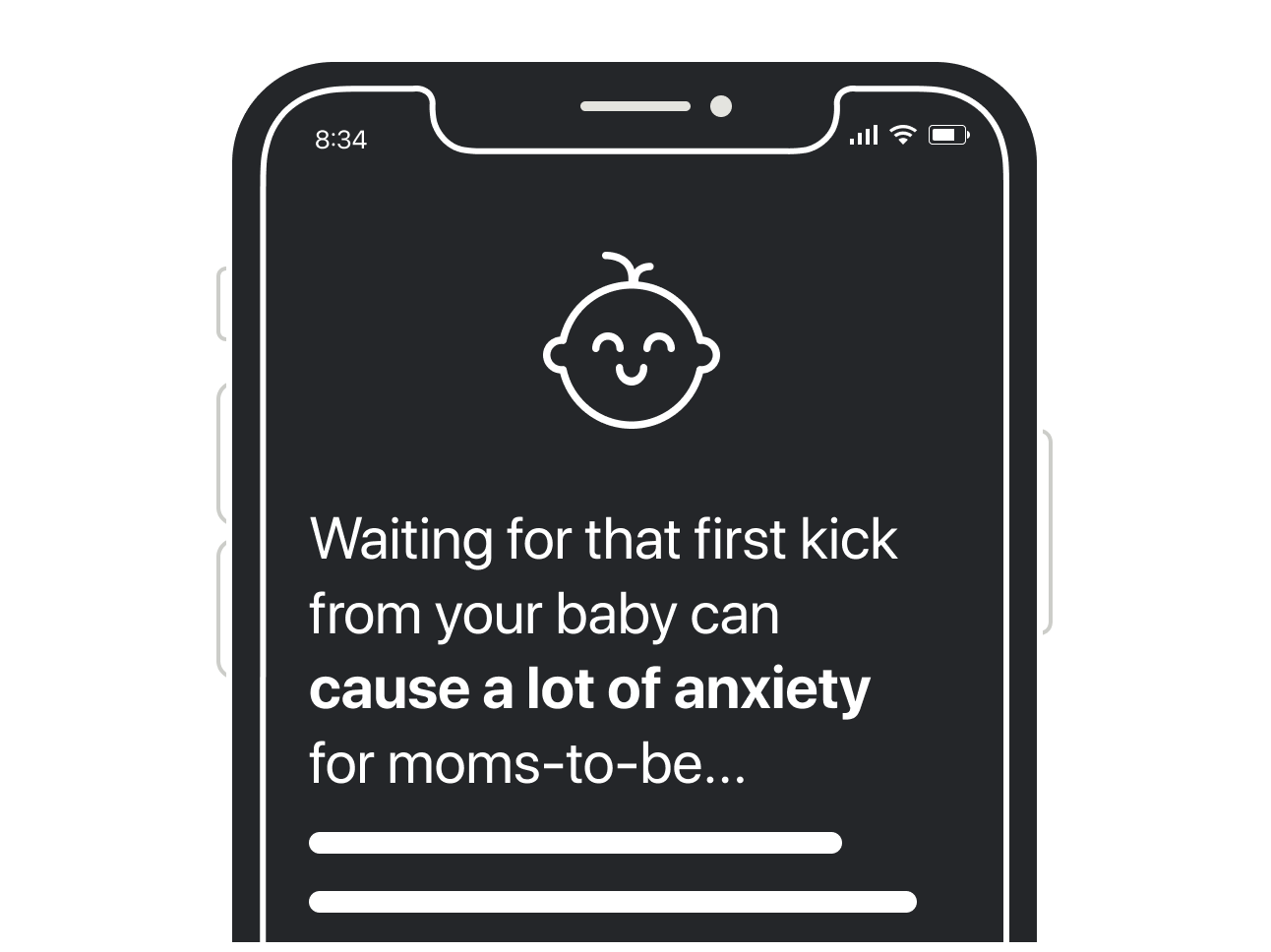Technology controls
our emotions.
Ever open up social media and are immediately filled with dread? Or a sense of “I’m not good enough?” The term FOMO (the fear of missing out) was added to the dictionary in 2016, and became popular with the rise of social media.
IG, or Instagram aesthetic, has become something we all strive for.
But FOMO exists in many other places within the software we use everyday.
Online shopping
“Selling fast” gives us the sense that we must purchase now, before this item sells out.
Dating apps
This language makes us feel like we have to act now, before the right one “gets away.”
Booking travel
Travel sites are notorious for using these tactics to trick us into booking hotels and flights right away.
Aside from creating FOMO, technology often tell us how to feel. We have put our trust in apps and services to tell us how we should feel during important milestones in our life. We track our every move, only to end up disconnected with our own bodies and minds.
Weight loss apps
We’re often told that weight loss is a positive thing, but for some individuals (especially those with eating disorders) this message could be extremely triggering.
“Friends” Day
Friends Day virtually celebrates “your best moments” with friends, forcing us to celebrate moments with people we may not feel close with. What if your “Friends Day” video includes someone who's caused harm in your life?
Pregnancy apps
Many pregnancy apps inform us every step of the way about the size, weight, and status of our baby. They tell us we “may be feeling anxious,” or “may be experiencing back pain.” What if we’re not? Does that mean we’re don’t have a normal pregnancy?






